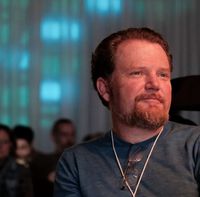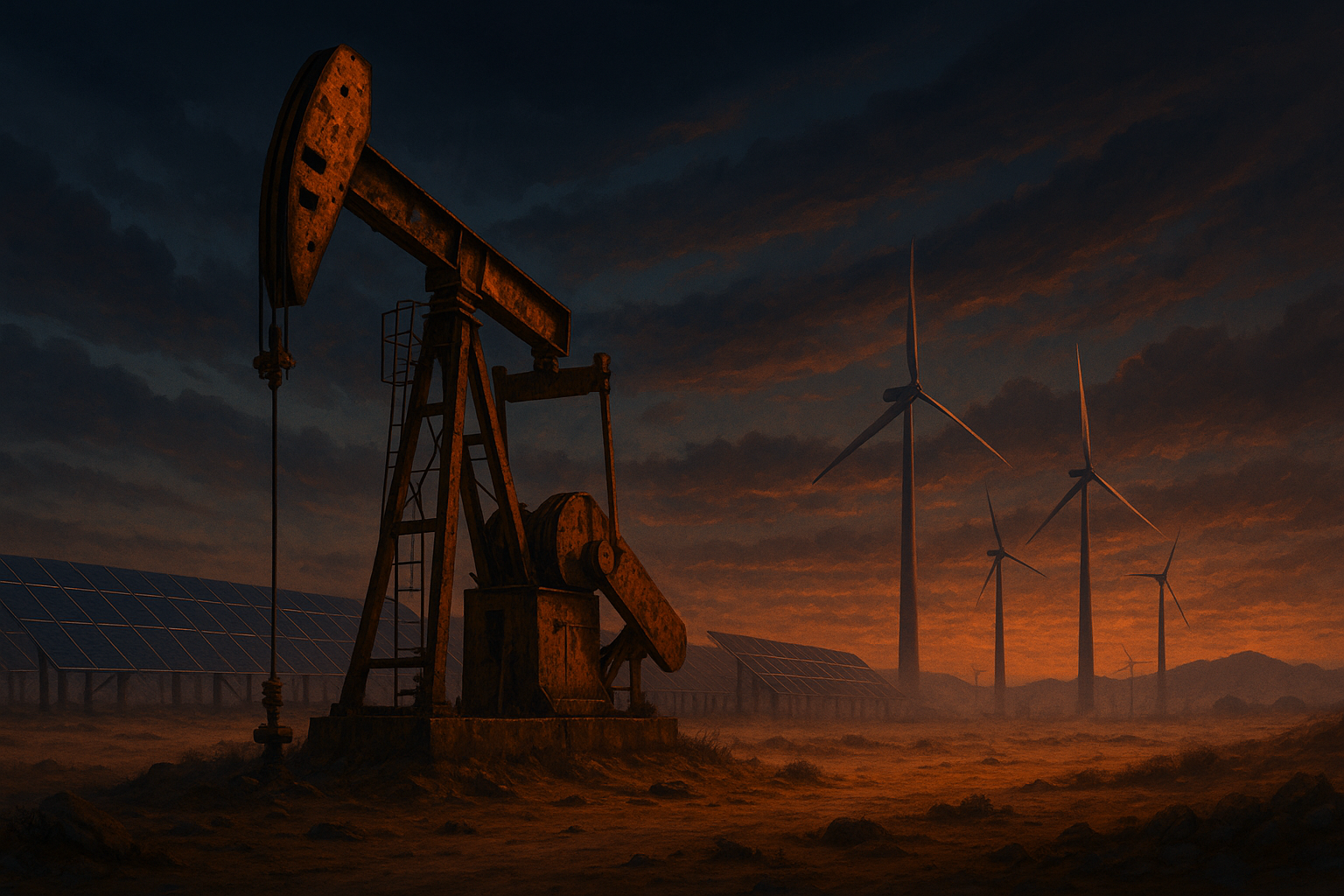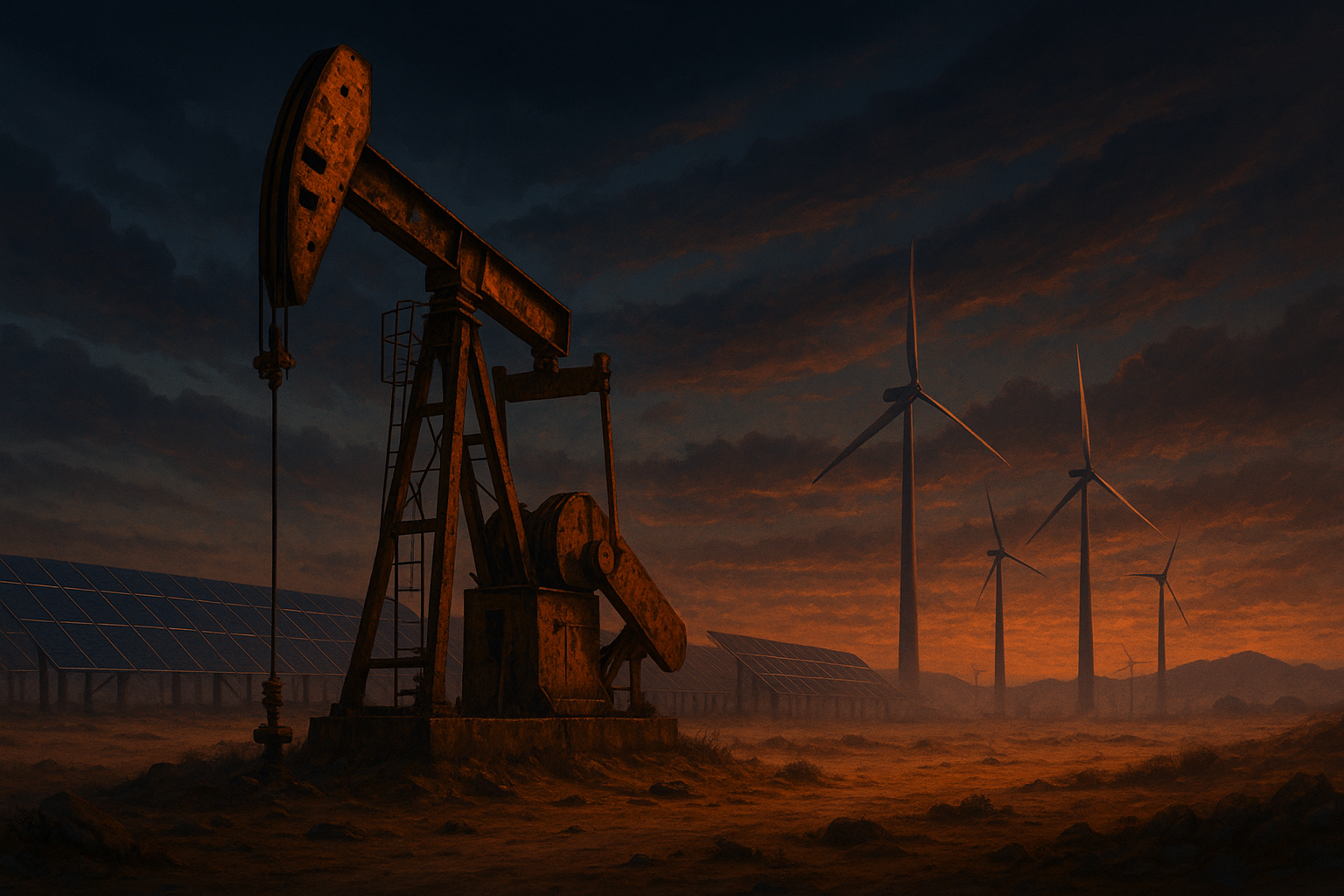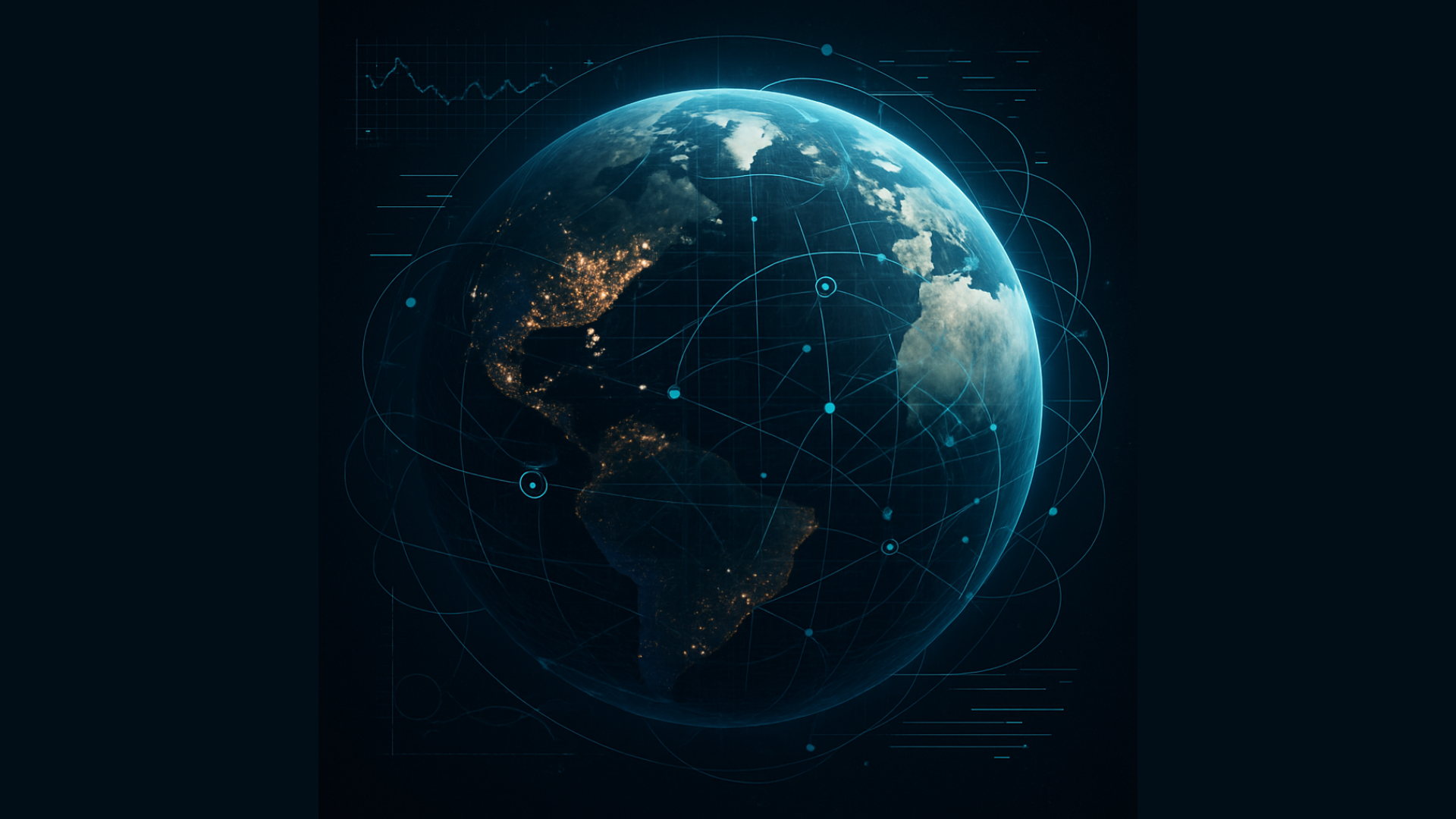In 2006, after finishing a PhD on ‘Design for Human and Planetary Health — A Holistic/Integral Approach to Complexity and Sustainability’, I asked a mentor of mine, David Orr, about the role of spirituality and the sacred in the transition towards a more sustainable human presence on Earth.
His answer set me on a journey apprenticeship and inquiry — a pilgrimage one might say — that I am still on today.
David suggested that in order to find adequate answers to the how we might create sustainable communities and what we might have to do in order to sustain humanity, we have to first ask ourselves a much more difficult question:
Why is humanity worth sustaining?
What is it that makes us worthy?
Why would it be a shame to die out as a relatively young species — before we have reached the maturity and wisdom to fulfill our potential as responsible, regenerative and self-reflective participants in Life’s on-going exploration of novelty?
Only if we find adequate answers to the question of why, will we have the guidance and the wisdom to find appropriate answers to the how and the what of sustainability.
We need to go beyond the story of individuals, companies and nations in a vicious competitive struggle for limited resources. We have to stop accepting a world where most of humanity and the community of life looses out so a very few can “win” temporarily.
Asking ‘why is humanity worth sustaining’ invites us to reflect on who we truly are and what our latent potential might be — not as masters over, but as conscious participants in Nature.
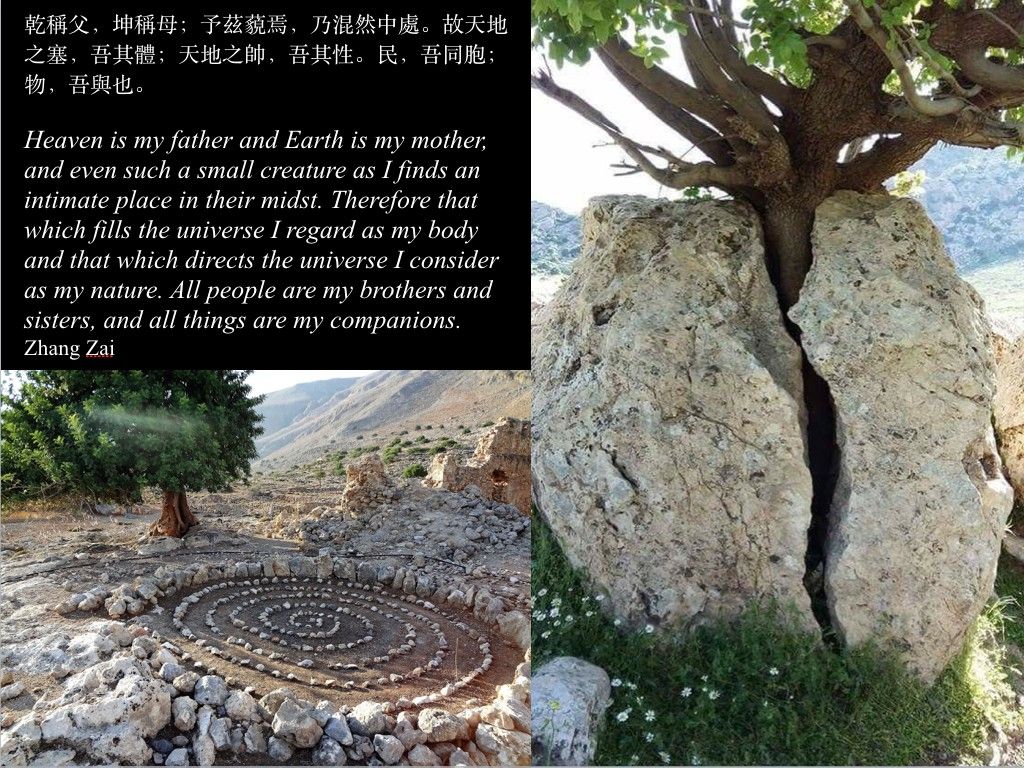
So, why are we worth sustaining then?
Individually, we all share with the rest of the community of life an intrinsic value — our unique identity of Universe expressing and experiencing through us and as us.
There are many works of art, poems, books, songs, operas, symphonies, buildings, dance performaces, sporting achievements, human to human relationships and human to non-human life relationships that demonstrate such caring, such delicate reflections of beauty, meaning, mastery, love, reverence, even awe, that one could make many different points in favour of why we are worth sustaining.
Collectively, there is a higher promise in what we could co-create if we decided to start living and interacting with each other and the wider community of life informed by the story of interbeing. What if we showed ourselves and our children that together we are capable of creating conditions conducive for life. What if we turned the 21st Century into the Century of Regeneration?
We can co-create a thriving world of all of humanity, and this collective potential offers a deeper gratification and meaning than materialistic pursuits who are trying to fill an inner void of meaning that only grows in the process of engaging in them.
We all have to take part in the transformation of the human impact on Earth from being primarily destructive to being regenerative. In order to do so, we have to ask this question over and over again and find answers that are meaningful to people in place.
Go ask a friend or a colleague at work, or your students, teacher or children ‘why is humanity worth sustaining’. See where the conversation takes you!





